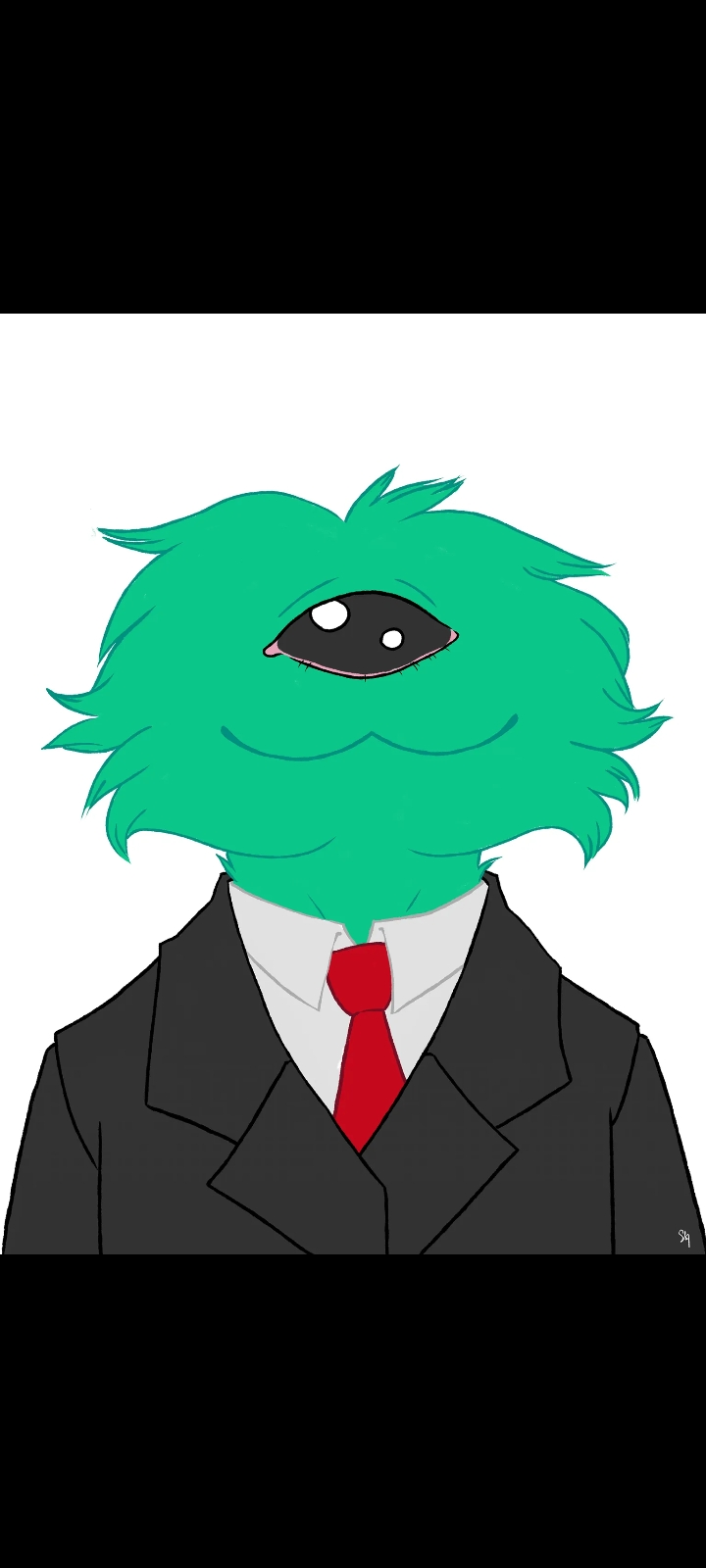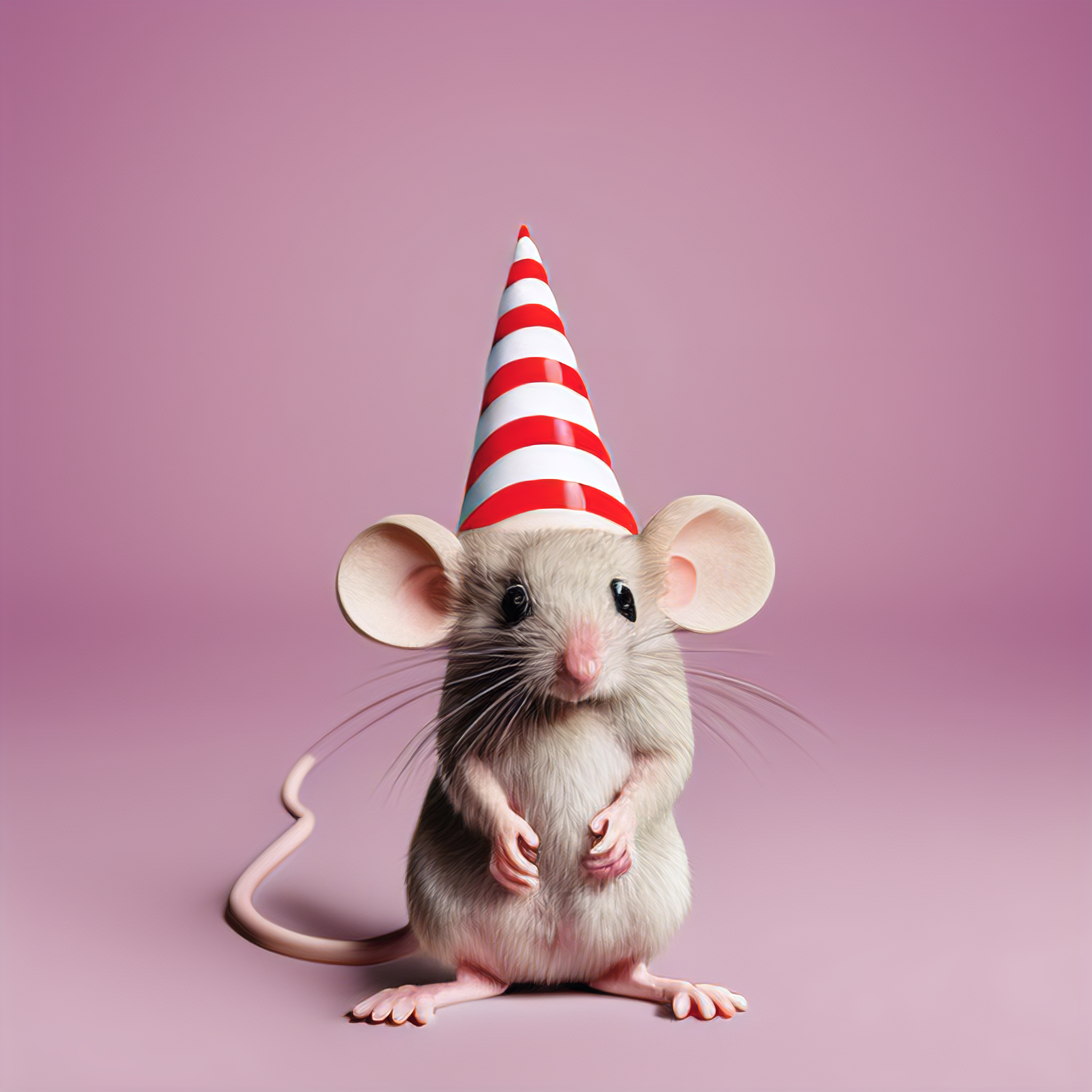Too little too late tbh
Yeah I’m not buying shit from wotc/hasbro
I wish there was a decent alternative to MtG. D&D has about a million (better) competitors, but MtG doesn’t have anything that I’m aware of.
I’ve honestly toyed with the idea of making my own CCG/TCG just to jump ship.
The best card game out there right now is the Digimon tcg. The games are fast and they simply do not do box chaff. And of all the current tcgs, it’s got the biggest actual playerbase outside of Yu-Gi-Oh.
Alternatively, the Pokemon card game is fully owned by Nintendo now. They aren’t doing a great job with it IMHO, but a lot of people do collect the cards.
There’s a digital TCG which is almost identical to MTG called Eternal. It’s free on Steam and mobile. Recommend you check it out and see if you like it. I personally think it makes much better use of the digital medium than MTG arena, which often felt clunky due to the way the rules had to be ported from tabletop.
Shadowverse: evolve is pretty fun though no one plays it and good luck finding cards.
I already have my rule book. I don’t plan on updating it.
If it’s under a CC license you can literally publish it yourself with a few things tacked on. That’s what creative commons does. It’s basically public domain at that point.
Exactly
Yeah, but if you make homebrew they don’t like, they’ll send the Pinkertons after you.
(I know that was about an MTG set. I’m just making a joke about how little faith I have in WOTC.)
This includes all class features, monsters, rules expressions and anything that isn’t trademarked as intellectual property. Essentially, you get mechanics for cover but not Beholders, martial archetypes but not the city and denizens of Baldur’s Gate.
Is this even necessary? Isn’t all of that stuff already non-copyrightable?
You are correct. They do this because corporations in the past have sued over even though rules, etc. are fair use. When they first started the OGL they gained a lot of goodwill from the community.
Short answer, no. There is a lot of nitpicky fine print and “nuance” involved but while you cannot copyright rolling a twenty sided die you can copyright a bunch of distinct and organized thoughts and specific groups thereof, such as the collection of rules that make up a class or subclass. If that class, subclass, spell, made up monster with a specific name and abilities, etc is published in some work that is sold for profit then legal action can occur.
Anything under creative commons effectively becomes public domain. If it appears in a WotC book, digital content, etc and is not specifically under CC, like say spells and subclasses from any supplement not included in that (such as Xanathar or Tasha), it is copyrighted and WotC can and will sue you if you republish it.
Just finish dying already. I’m sick and tired of this drama. Everybody and their grandma has a better product and their shit keeps getting free exposure.
It’s been so frustrating seeing people on YouTube and wherever who have spent the past 18 months “spotlighting” and “advocating for playing” other systems climb all over each other to praise this move. A move that does nothing but tell 3rd party publishers that they can safely go back to ignoring Shadowrun, Pathfinder, and OSR games.
Maybe if those games had more appealing rule systems, other publishers would make products using them.
It’s good news for sure. But I still don’t trust WotC.
And Pathfinder 2e is just plain better. In four decades of playing TTRPGs I’ve never played a ruleset so tactical, so clean, so enjoyable. It’s a thing of beauty. So I could care less what happens with D&D.
WOTC could offer to come suck me off and still wouldn’t give them a fuckin dime. Fuck you Hasbro, you lazy sacks of shit wanted to have intellectual rights to work you didn’t create just because it’s in a rule system you have some IP in. You forever burned the bridge for me.
2024 ruleset? Is that a 6e? A 5.5?
No, it is the 2024 version of the 5th edition rules. Supposedly fully compatible with existing adventures, and not breaking existing characters.
I expect people will refer to it as 5.5, or 5.2, or anything except ‘2024’. But we’lll see…
…it’s as substantive a revision from fifth edition as the second edition was from AD+D: id est yeah, sixth edition, but the new SRD will be labelled 5.2…
(marketing calls it D+D 50; marketing called fifth edition dungeons & dragons, no version number)
Is this the one where they tried to remove “racism” from a make-believe world with fantasy races?
Among other things, yes. Some things I have seen do strike me as logical tweaks and fixes much like 3.5 was to 3e, but some are clearly attempts at “fixing” PR problems by people who don’t understand why they’re having those problems in the first place. And at least in some cases I expect are personally responsible for said PR problems. It’s kind and like a Three Stooges skit about corporate mismanagement, but they honestly think they’re doing a good job.
I haven’t played that variation, but I didn’t like what I read about it. For one, I like that the races are different. World of Warcraft homogenized the races and later the classes, and it took so much character away from the game. There was no longer a reason to build a diverse party, anything would work. It makes sense for the D&D races to be different and have different benefits and drawbacks, they’re from massively different backgrounds and environments. It makes sense for people to be wary of Loth Sworn Drow, when they’re pledged to an evil spider queen that demands dominion over everyone else. They’re literally evil. Trying to insert real world political concerns into a fantasy game is really annoying to me, especially when I retreat into that game to get away from the real world and all of its concerns.
Yeah, and my personal opinion of the Drow is that you can still have matriarchal spider themed villains and not be “problematic” if you just st officially decannonize all of the weird-ass kinky fetish stuff that Ed Greenwood wrote into their original description. And the same can be said of most “problematic” things in Forgotten Realms, which is the source of a lot of the stuff that many consider to be “generic D&D.”
Seriously, go through the deep lore of FR and you will find a bunch of stuff that reads like it was written by a horny thirteen year old that wants to be edgy and kinky but clearly doesn’t know how fetishes or anything occult actually work beyond involving leather, whips, and bloody sacrifice rituals at orgy parties like a midwestern church granny will tell you happen every time anybody plays Dungeons and Dragons. I wonder where they got that impression from…
put everything under the orc license and we can talk.
Until the next time they try to revoke the license, you mean?
@wahming @HubertManne There’s no revoking a Creative Commons.
There’s no revoking the OGL either. That didn’t stop them from trying.
the writing of the ogl was a little loose with that which allowed them to try. orc was made to fix that.
Source? That was not my understanding of the OGL. It guaranteed a perpetual license to users, and there is no legal precedence for such a revocation. That didn’t stop them from trying to bully everybody into submission. What reason is there to think any other license would make a difference? It’s not about the chances of them winning, it’s about the legal trouble and bills they can cause. I’m not sure why anybody would trust hasbro / wotc after that fuckup, regardless of their promises.
The text of OGL 1.0a does not say that its irrevocable, and that was the big problem. It does say perpetual, but not irrevocable, and that was where the supposed crux of the argument came in. That said, during the OGL debacle, i saw it pointed out that the legal licensing definition of “irrevocable” was decided in court years after the ogl was written. I know the original writers of it had come out and said that they had intended it to be irrevocable, though
https://en.wikipedia.org/wiki/Open_Game_License
Linda Codega, for Io9 in January 2023, reported on the details from a leaked full copy of the OGL 1.1 including updated terms such as no longer authorizing use of the OGL1.0. Codega explained that while the original OGL granted a “perpetual, worldwide, non-exclusive license” it also included language around authorized versions of the license and “according to attorneys consulted for this article, the new language may indicate that Wizards of the Coast is rendering any future use of the original OGL void, and asserting that if anyone wants to continue to use Open Game Content of any kind, they will need to abide by the terms of the updated OGL, which is a far more restrictive agreement than the original OGL”.
basically their lawyers combed through and thought they found a way around it. ORC was cleaned and and to make it clear that is not possible has this:
b. Modifications. This ORC License may not be amended, superseded, modified, updated, repealed, revoked, or deauthorized. Neither You nor Licensor may modify the terms of this ORC License; however, You may enter into a separate agreement of Your own making provided such agreement does not seek to modify the terms hereof. This ORC License does not, and shall not be interpreted to reduce, limit, restrict, or impose conditions on any use of the Licensed Material that could lawfully be made without permission under this ORC License.
Big team of lawyers beats moral high ground every time. The law is pay to win.
@wahming @HubertManne
The ogl and orc use unintelligible language, and have little legal precedent for rulings.CC licences have neither problem.
I don’t see how this https://creativecommons.org/licenses/by-sa/3.0/us/legalcode.en has less intelligible language than this https://paizo.com/orclicense
They don’t control the ORC. They can’t even LARP revoking it, unlike the OGL.
Creative Commons CC-BY 4.0 license is so much more permissive and liberal than the ORC license. More people benefit from more rights because of it being in CC-BY 4.0 instead of the ORC.
well yeah as its on the most permissive ends of the creative commons licenses and if they were to use it they likely would user closer to the other end of the spectrum. these are companies though that are selling products but just want to allow folks to make their own derivations based around the ruleset without worrying about it and allowing folks to use the ruleset without buying it but not allow people to sell copies of their specific work.
They’ve already lost me to Kobold Press 5e materials as well as games like Wanderhome and Kids On Bikes 2
Now if only there were any chance it would be a good rules set and not the blandest thing on the menu
This is in reference to the 5e rules. You know, the line they are ready to replace?
Yes I know. 5e is the blandest rpg system going
Is it really a replacement when you’re just republishing them in a slightly different font?
Have… have you read any of the playtest material? Like, I think they’re a bunch of dinguses too. But there are some substantial modifications in there that everyone will feel when playing.
And now we start waiting for the other shoe to drop.
This means that i can make a game with this rules and dont havent to pay?
@loboaureo @copacetic yeah. Until they decide to argue to revoke the license for reasons.
(Also you have to watch out what part is covered under the license, some stuff is gonna be product identity)
(Actually, the beneficial part of this is mostly that you can use their own expression of the rules to make games. Rules as such are not copyrightable, but if you are expressing the rules too similar to their own texts they still could sue you. Using such a license is supposed to take care of that)















